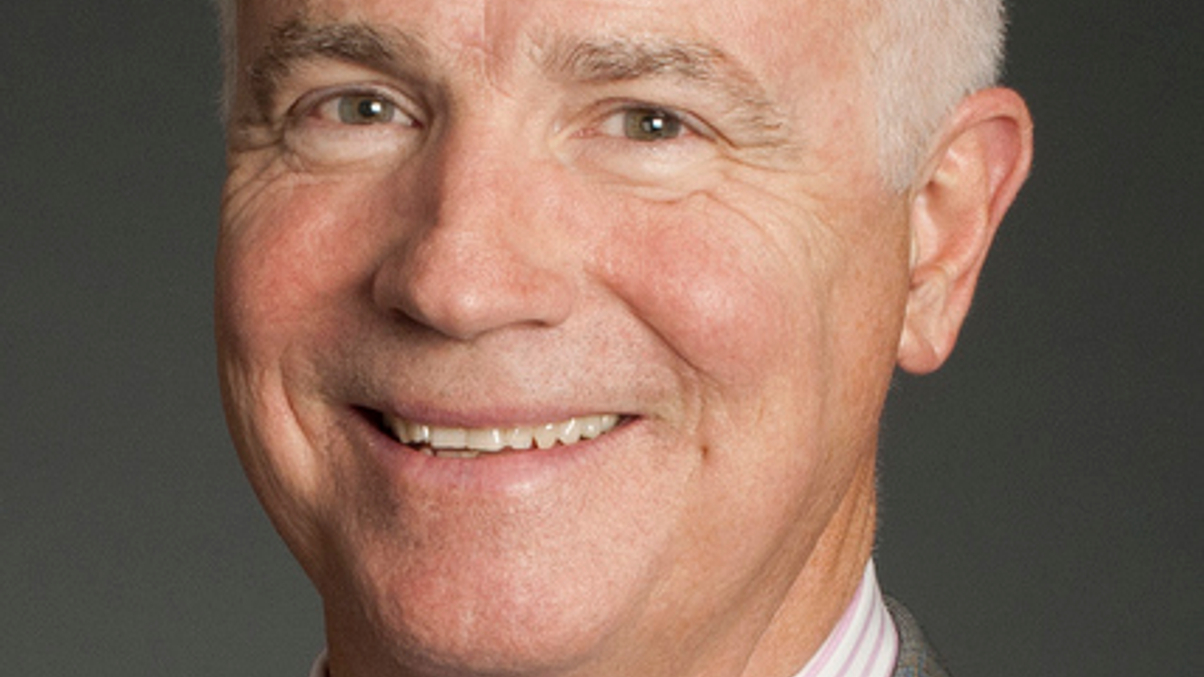Industry group slams FSB proposals on funds
Mutual funds do not threaten financial stability, investment industry group ICI argues in a letter it will submit today to supranational body the Financial Stability Board.

Mutual funds are not systemic threats to financial markets, investment industry body ICI will argue in a letter to be submitted later today to the Financial Stability Board (FSB). ICI contends that proposals by the supranational body would in fact be harmful for investors.
Sign in to read on!
Registered users get 2 free articles in 30 days.
Subscribers have full unlimited access to AsianInvestor
Not signed up? New users get 2 free articles per month, plus a 7-day unlimited free trial.
¬ Haymarket Media Limited. All rights reserved.


